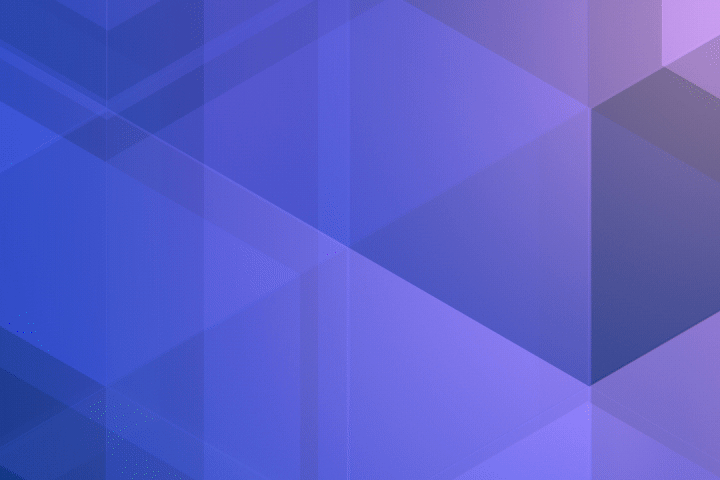Leikr Game System
| Wiki | itch.io | Releases | About | Discord Community |
A Game System for making games and programs in Groovy. (A Fantasy Console idea)
Why Groovy?
Groovy: If you describe something as groovy, you mean that it is attractive, fashionable, or exciting. https://www.collinsdictionary.com/dictionary/english/groovy
Apache Groovy is a powerful, optionally typed and dynamic language, with static-typing and static compilation capabilities, for the Java platform aimed at improving developer productivity thanks to a concise, familiar and easy to learn syntax. -- http://groovy-lang.org/
Technologies
Powered by Mini2Dx.
Once you've mastered Leikr and feel the need to expand into bigger waters, you can take your knowledge and move up to Mini2Dx itself.
| Preview |
|---|
 |
Running from release
note: If downloading from itch.io, make sure to document where the install path is for accessing the files.
A release is a folder which contains everything required to run the Leikr Game System. Releases can be found from one of the distribution sources (Currently: itch.io or github)
Inside this folder should look something like this:
Leikr/
Data/
Programs/
Leikr
Leikr.bat
Leikr.jar
Sys/
Depending on your system, you can either launch the system through the Leikr shell script or Leikr.bat. If you'd rather, You can even launch the system manually the java way using the command java -jar Leikr.jar
Running from source
notes: Programs and Data are in the /leikr/assets/ directory. It is NOT recommended to run untrusted user programs from this method. Gradle currently does not apply the security sandbox policy.
> is the terminal icon, don't type this.
Java is required to run this program. Best used with AdoptOpenJDK. Version 0.0.15 uses JDK 12
- git clone the project. Then enter the
leikrdirectory.
> git clone https://github.com/torbuntu/leikr.git
> cd Leikr
- Run the gradlew command:
depending on your OS.
>./gradlew launchDesktop
or
>gradlew launchDesktop
Building a release
to build a release on your platform run:
>./gradlew clean build deployLeikr
or
>gradlew clean build deployLeikr
the release will show up in the ./leikr/desktop/build/libs directory. You should end up with the following:
Data/
Programs/
Leikr
Leikr.bat
Leikr.jar
Sys/
Starting your own Program
Projects structure
Data/
Sys/
Programs/
YourGameName/
/Art/
icon.png
city.png
/Audio/
/Sound/
walk.wav
/Music/
theme.wav
intro.wav
/Code/
YourGameName.groovy
/Maps/
overworld.tmx
underworld.tmx
/Sprites/
Sprites.png
program.properties
Add YourGameName.groovy in the Code/ directory.
In order for your game to be runnable it should be similar to the following template:
//extend the engine to get the API
class MyGame extends leikr.Engine{
void create(){
//Initialize classes and variables here. Run on first load
}
void update(float delta){
//Run every frame. Used for updating variables and game state
}
void render(){
//Draws to the screen after update.
}
}note however that all three of the main methods (create, update and render) are optional. You can make smaller graphic demos just using the render method.
Specs:
| Spec | |
|---|---|
| Resolution | 240x160 |
| Sprites | 128 max draw calls per frame. Sprites.png gets split into 8x8, 16x16, 32x32 and 64x64 pixel sprites. |
| Art | Can load images to be used as backgrounds or however else you wish. |
| Maps | .tmx maps loadabled from Maps directory. (currently unlimited) Animated tiles supported. |
| Audio | 16bit .WAV files loaded from Audio/Sound and Audio/Music (Limitations TBD) |
| Controls | Primary: Keyboard, Mouse. Secondary: USB Controllers (snes layout). Tested using SNES style controllers on Linux. Note: The controllers are configurable using the Program Controllers which comes with the system. It maps inputs to the file Data/system.properties |
Supported Platforms
| Platform | Support Level | Version | Notes |
|---|---|---|---|
| Desktop amd64 | Full | 0.0.18 | Fedora and other Linux distributions officially supported first. Windows also known to work. No status on Apple computer builds available. Since this is a Java program, it should just work on any mainstream desktop OS. However, due to native libs this produces odd results on less common systems. |
| Arm 32/64 | Full | 0.0.18 | This requires custom builds of the native libs for LibGDX. Due to this, builds for this come slowly or only when time permits. The only currently supported OS for these architectures are Linux distributions. |
Note on the Raspberry Pi:
if you plan to use the raspberry pi or other SBC, it works best to have compiled the projects on a faster computer beforehand. Compiling projects live on the pi can take a while depending on the size/complexity of your project.

